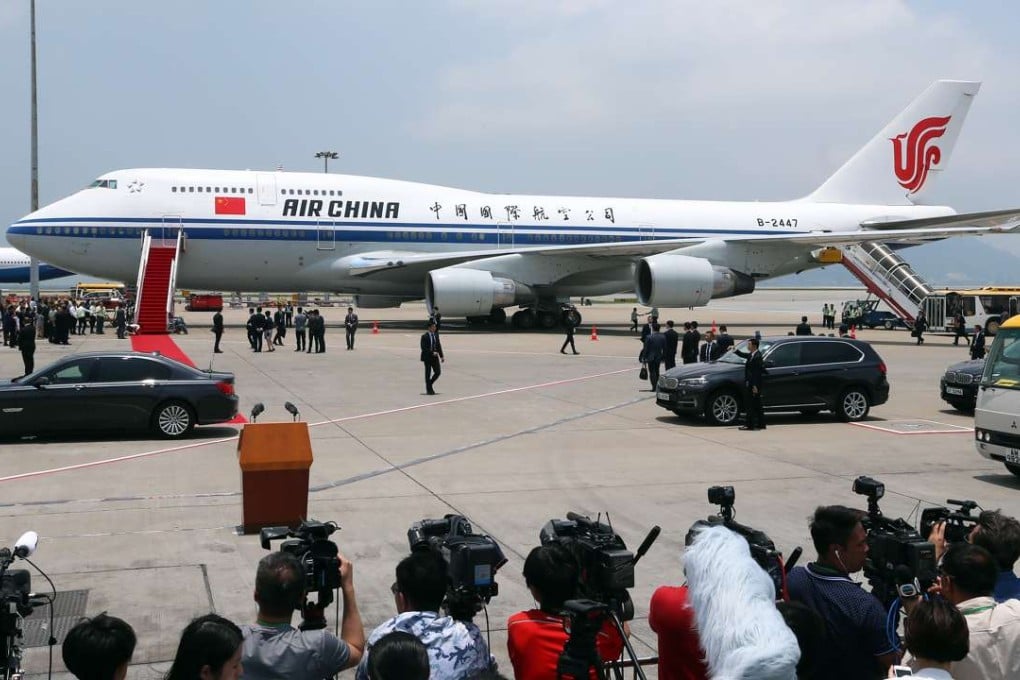The Zhang Dejiang speech Hong Kong had hoped to hear
Keane Shum imagines what the NPC chairman could have said during his landmark trip to the city to demonstrate that the central government had heeded – and understood – people’s concerns about the future

Before boarding his plane at Chek Lap Kok, National People’s Congress chairman Zhang Dejiang (張德江) makes one final – and imagined – address to the people of Hong Kong. We can dream.
Zhang Dejiang: ‘One country, two systems’ is here to stay
(In Cantonese) Friends, countrymen, thank you for your hospitality.
(In Putonghua) Forgive me for my poor Cantonese. Cantonese is a national treasure of our Chinese heritage, but despite the many years I spent in Guangdong and, as you now know, my fondness for Hong Kong songs and films, I regret that I have never been able to master the varied tones and witty colloquialisms of Cantonese.
When I arrived three days ago, I said my objectives could be summarised in three words: seeing, listening, and speaking.
No doubt, I saw many things. I saw how Hong Kong’s vast public housing network gives millions a safe place to call home. I saw the ingenious innovations Hong Kong people have developed to help the disabled and elderly retain their dignity. From the window of my car and hotel room, I saw Hong Kong’s gleaming skyscrapers and, behind them, the lush hillsides, a combination of man-made and natural beauty without equal.

Zhang ‘navigated fine line’ on CY’s performance
But what I saw was not just all that is right in Hong Kong. At On Tat Estate, I saw how hard many Hongkongers struggle to secure a unit. Down the side streets of the thoroughfares my motorcade whisked past, I saw how meagrely some elderly people scrape by. Up the length of the city’s tallest skyscraper, I saw the light display counting down to 2047 and, strung across the hillsides, those yellow banners calling for true universal suffrage.
Hong Kong people are famous for speaking your mind, and Hong Kong and the nation are better for it